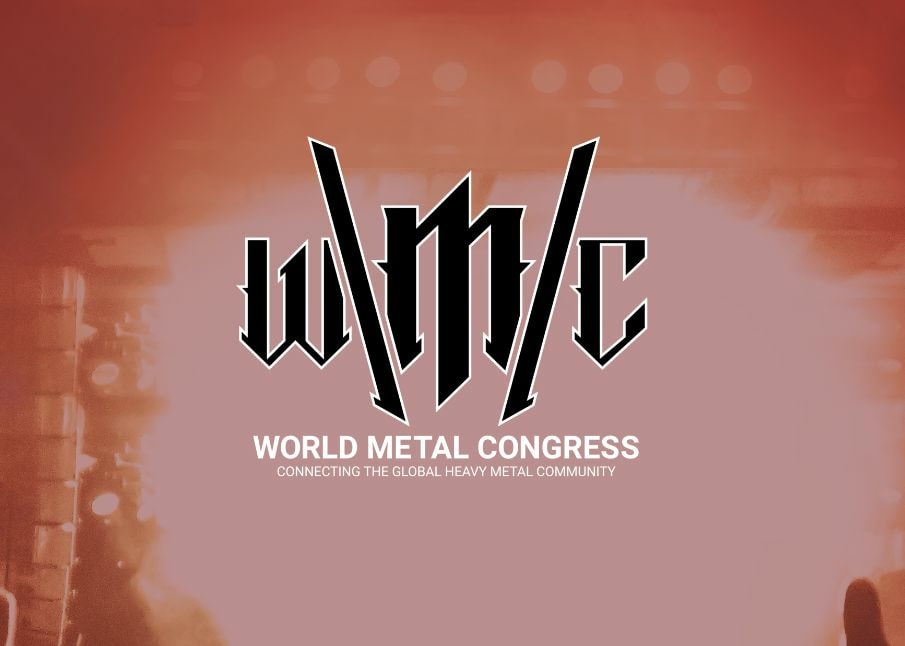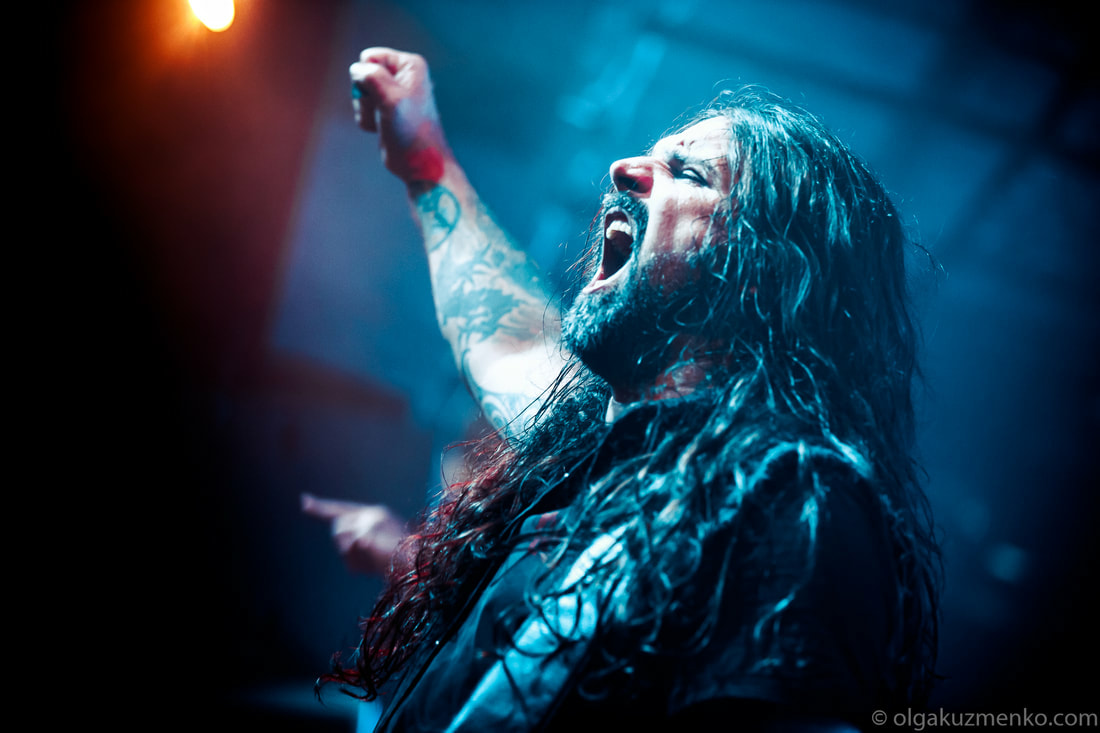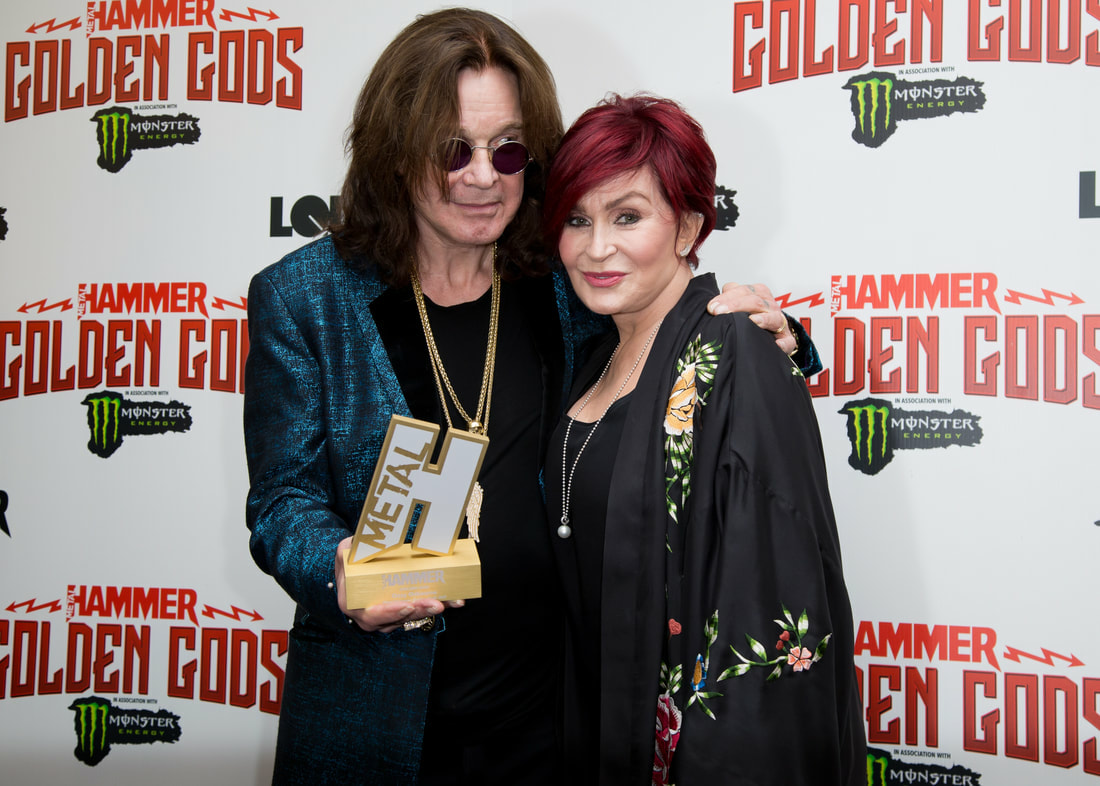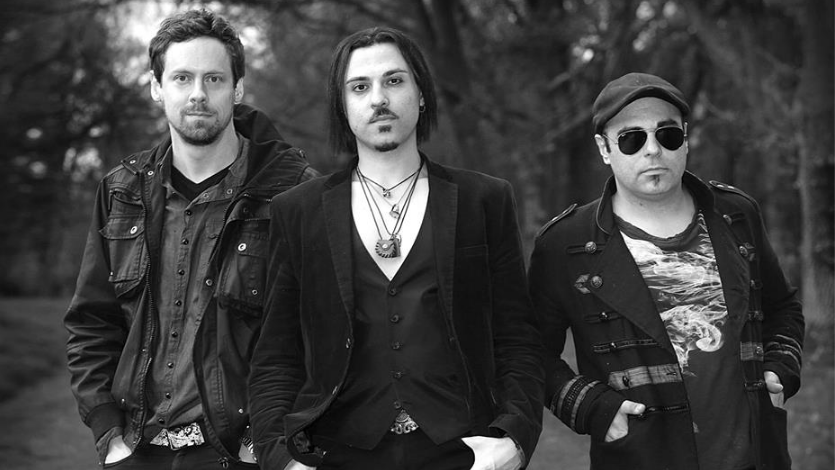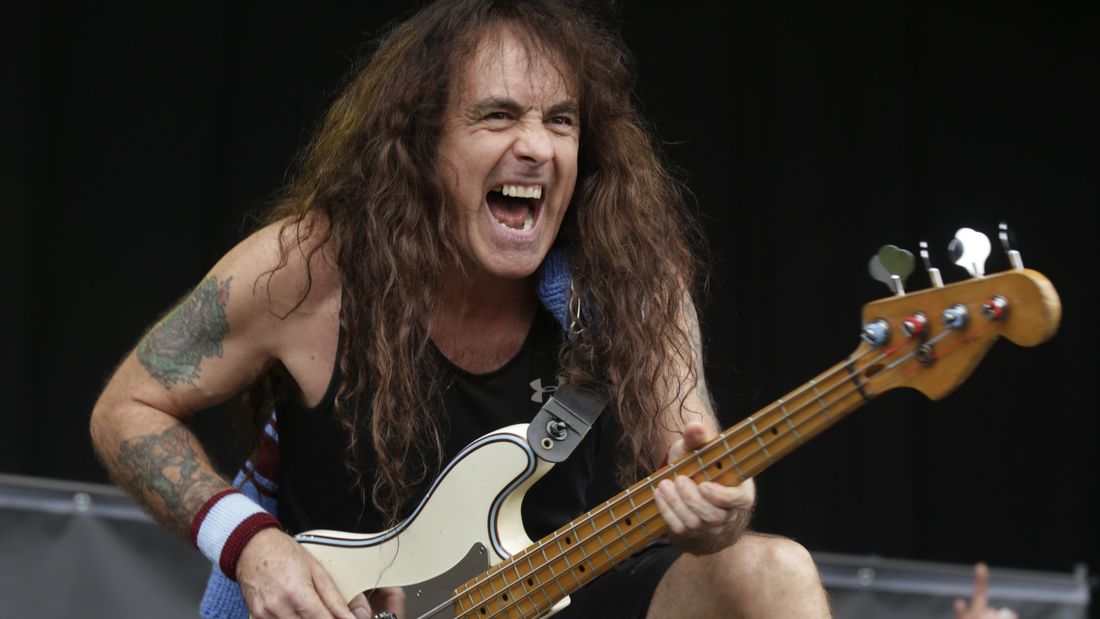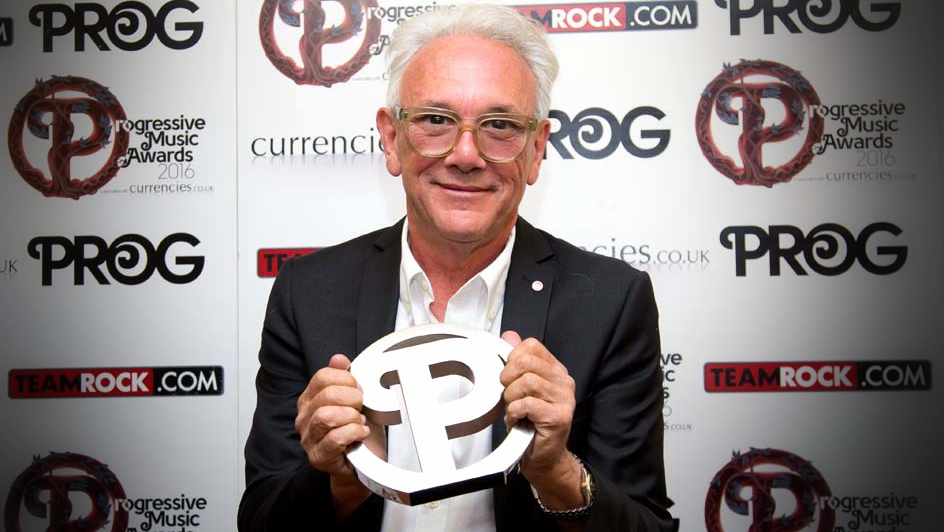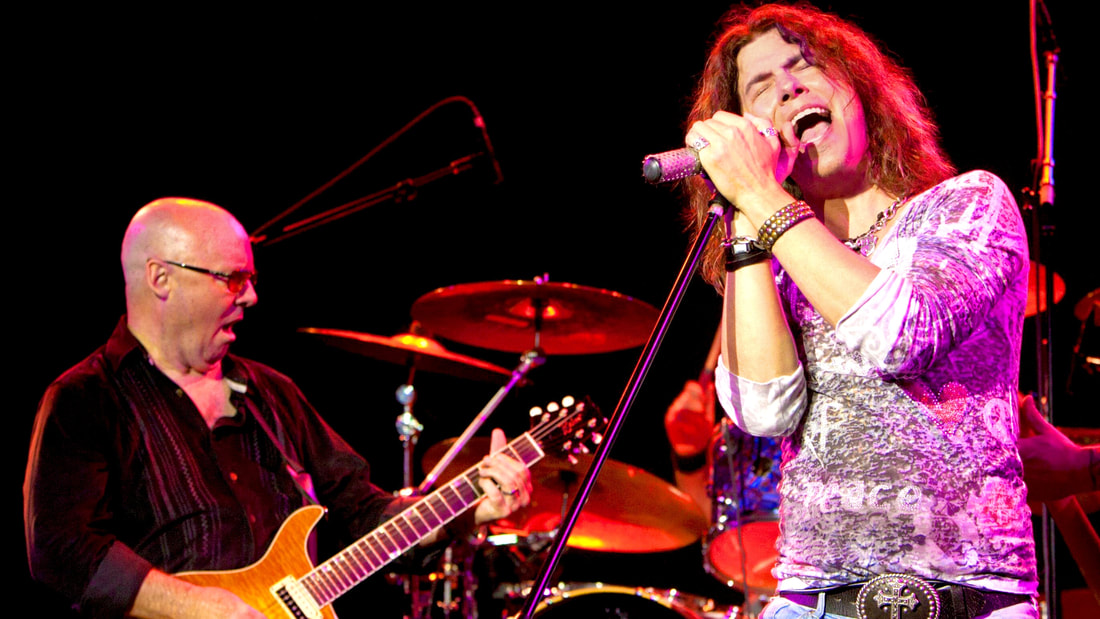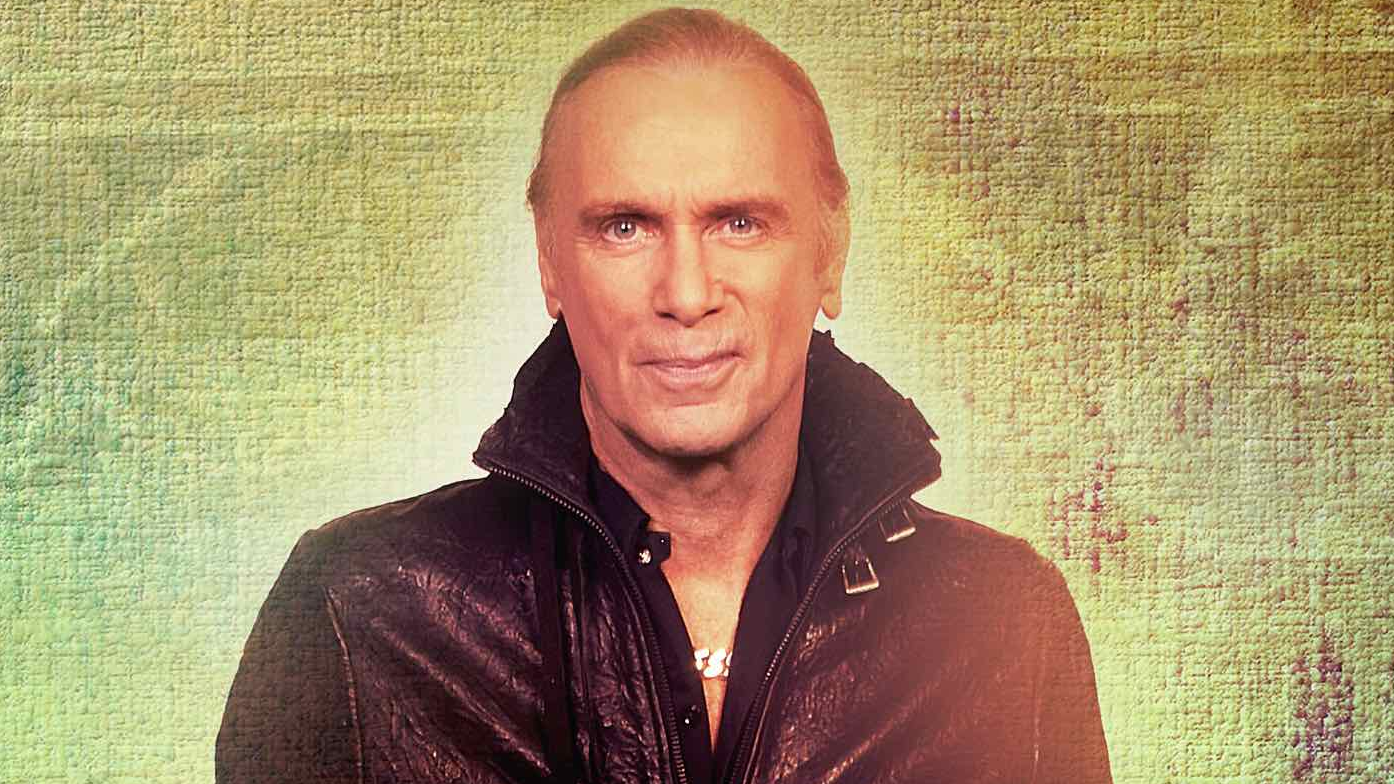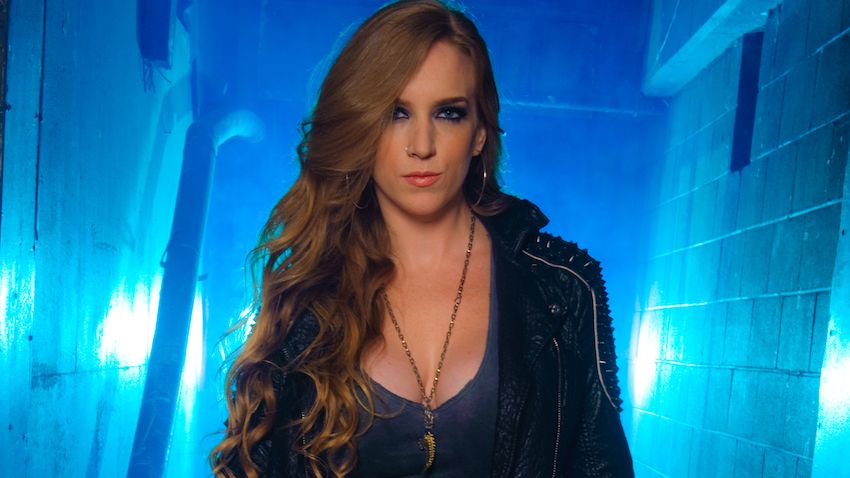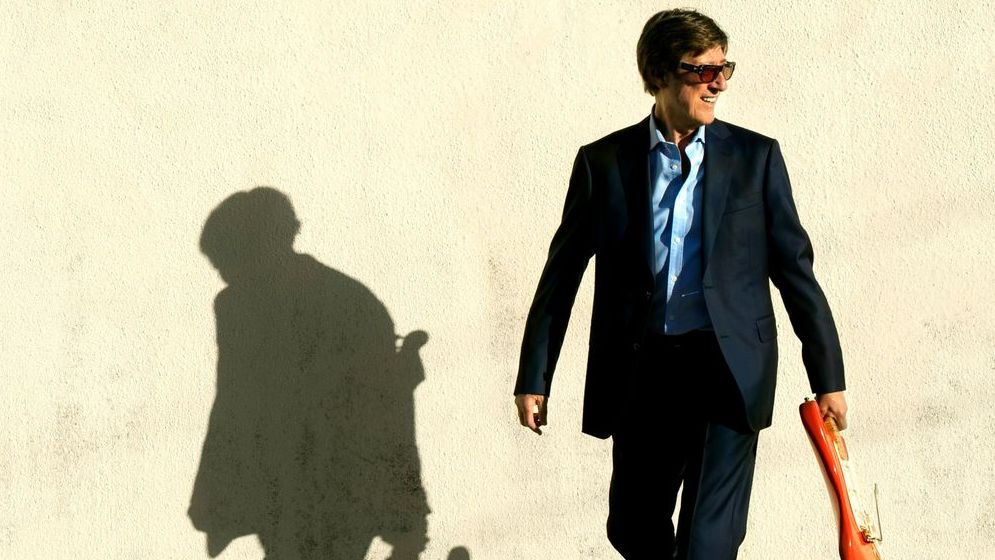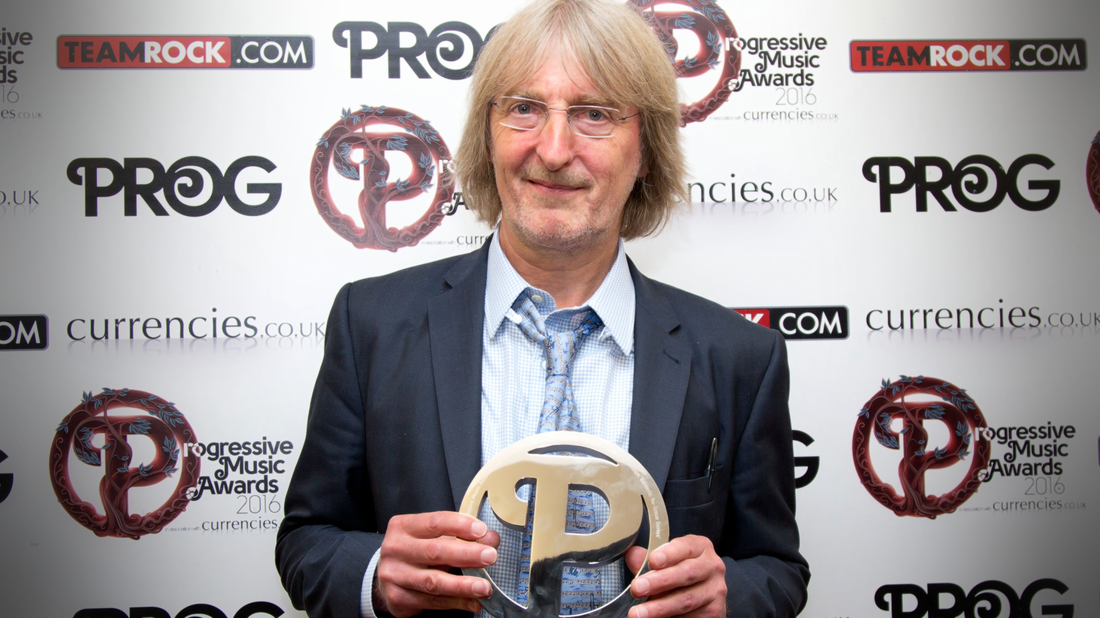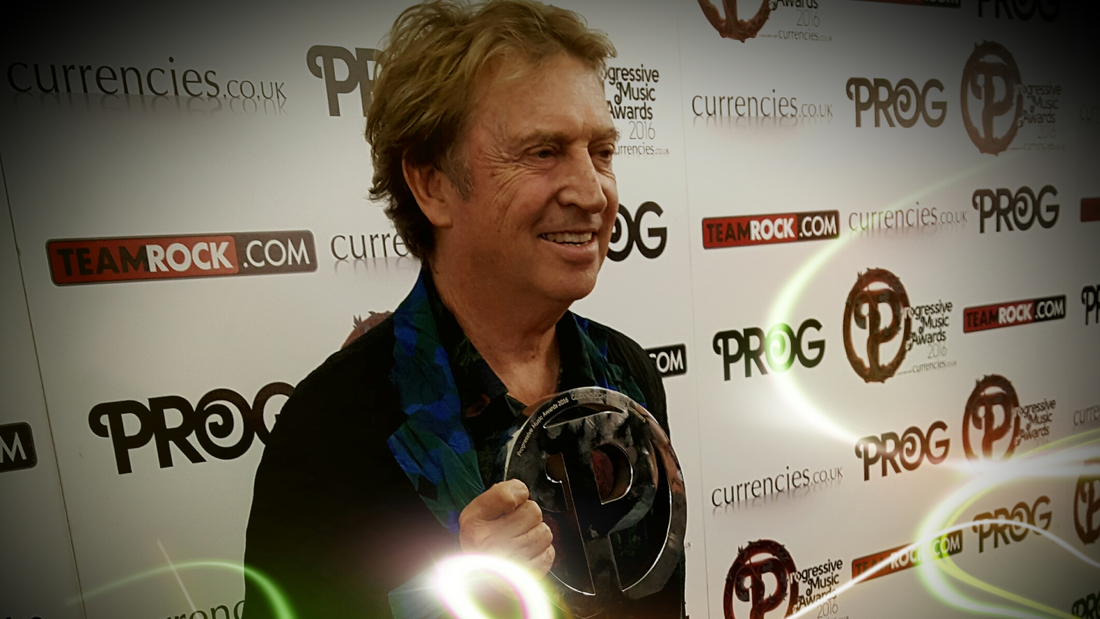Well, that’s very much an extension of some of the stuff that I discovered when I was at Metal Hammer. The thing that really opened my eyes was the trip that I had to Mumbai back in 2008 or 2009. I was asked to speak at a conference, but I witnessed this incredible DIY metal scene while I was over there, that was just completely inspiring. And I’d never heard of it. There were all these bands who, they had no idea how to get in touch with labels, with management, and they were dong incredible things.
So you discovered a whole other metal world going on?
There was this great bad called Skyharbor that I came across, and they had members in India, but also in Boston, and they were rehearsing across three or four different time zines, which is an incredible feat. A lot of these bands feel marginalised, and they also host incredible scenes that I feel like any metal head, no matter where they are in the world, would want to be aware of.
So that's where the idea for the World Metal Congresss came from?
There’s just so much out there, and that’s what World Metal Congress is all about. It's trying to connect those dots and bring people together, to collaborate from an industry perspective, but also just to discover and enjoy the music. A lot of the places that these bands come from are not easy places to be a metal head. And when you see a huge furore erupt over a certain festival headliner being ‘not metal enough’, you kind of think to yourself; “Well, there’s people in Syria and Afghanistan that risk their lives to play this music. Perhaps their story should be told, and that’s really what we should be paying attention to”.
What events have you planned for the WMC?
I’m actually really pleased that as well as the panels, we have two film screenings happening as well. One’s about music in Latin America, which is called ‘Songs of Injustice’, and it’s all about trying to play music under oppressive regimes. And the one is called ‘Syrian Metal is War’, and it’s all about the experience of the metal scene in Syria, during this ongoing horrific conflict. The memory stick containing the documentary and images we’re using on our website, they were actually carried by the director on a raft, so that’s how close to the bone a lot of this stuff is. To me, that’s worth doing, and we’re really lucky that the Arts Council of England seem to agree. They stepped forward to make the event a reality, and now the rest is up to people to come down and try and support the idea.
Oh yeah, you’re absolutely right. I moved on from Metal Hammer very proudly after ten years, but I did move on from a lot of the ideas; I loved the music, and after I had that experience in India, covering global metal became a really big priority for me. It just kind of felt like a lot of people weren’t stepping up to the plate; you wouldn’t believe how hard it is to get people’s attention over this stuff, and I find that really hard to comprehend because the stories are so compelling. And people ask; "Is the music dying, is rock dead?" And you kind of think; it’s fifty years on from the first Black Sabbath album, and there isn’t a time zone or a hot zone you can go to where heavy metal just doesn’t exist. To me, that’s where the true revolution is; the fact that there are so many people playing it, literally from every cultural and ethnic background that you can imagine.
So you brought that experience to life, in a very real way, with the magazine.
That to me, was very important to illustrate in the pages of Hammer. And it was important to support through events, so we did have a ‘Global Metal’ award at the Golden Gods, that a few different recipients received for different reasons. One of them was a director who accepted on behalf of a band called District Unknown, and basically, they were in the midst of producing a film about the metal scene in Kabul in Afghanistan. These people were basically playing gigs and having their stages blown up by the Taliban. What’s interesting is that the director, a guy called Travis Beard, struck up a conversation with Bill Gould from Faith no More who actually stepped up to help fund finishing the documentary. That literally happened backstage at the Golden Gods.
It’s something that you sound incredibly passionate about.
It’s not like it’s something that you're doing because anybody is asking you to, it’s just because it feels like the right thing to do, and I felt very gratified that all the staff and contributors at Metal Hammer seemed to agree with me. We were very on board, and so were our readers as well, and so when I moved on, I felt like it would be a shame to not do anything now. So I thought to myself; “How could we further this idea a little bit”, and so I’m very fortunate to have found some partners who agree with me.
We’ve got Niall Scott, who’s probably one of world’s foremost authorities in heavy metal. He’s a lecturer in ethics at the University of Lancashire. We’ve got Josh [Retallick] of Old Empire, who’s a tremendous indie promoter, who is helping to sustain and build and keep the underground flourishing. We've also got Lina Khatib, who’s one of the top analysts and head of the Middle East programme at Chatham House, which is literally one of the foremost think tanks in the world. So, we’re working with some really great people to make this happen. And the more people we talk to, the more want to support us; Bloodstock are amazing, Waken are stepping forward, we’ve got Download Festival behind us, Metal Hammer, Kerrang!; all these places, and sometimes competitors, have all stepped up to support the idea. They all see the point of this, which is just trying to make a noise about bands and people that deserve it.
Do you think there is a real passion in places like you’ve mentioned, that can’t be beaten down by circumstance?
100%. If promoters and booking agents cans see the potential of sticking these bands out there, they literally can change the world. I was just in Nepal, and produced a documentary all about the metal scene in Katmandu; a band called Underside, who are actually playing Download Festival, and that’s a scene that is just completely inspiring.
You must have seen a huge diversity with some of the scenes you’ve encountered worldwide?
There is a huge scene in Indonesia, and to them, year one isn’t Black Sabbath, it’s Sepultura, because, for them, Sepultura represents, basically a win for the rest of the world. And credit to Monte Conner at Road Runner at the time, who actually signed these guys, not because they were from Brazil - which at the time, would have seemed like the most random place in the world you would sign a heavy metal band from – but he signed them because they were really good. And the fact is, there are a lot of other bands out there who are also equally, really good, but they just don’t know how to engage with the industry.
Click here to read eonmusic's 2018 interview with Sepultura's Andreas Kisser.
Is the industry finally catching on to this booming scene outside of the usual places?
I will confess that the media have been pretty slow to acknowledge just how big and flourishing this scene is. A lot of these bands just aren’t being exposed in the way that they deserve to be. That’s not to make a blanket statement; it’s just because the whole system is kind of balanced against them, because they don’t have the right PR banging on the right doors, or this or that. It’s just impossible sometimes, to realise what is happening out there, and so that’s why WMC exists. It’s to draw some attention towards it, because I think, as you say, these marginalised places, wherever they are in the world, tend to have some of the most passionate fan bases, because they savour their opportunities to enjoy this music, this culture. In a way, they’re probably a little hungrier than they are anywhere else, which is a powerful thing.
Finally, what are you hoping, ultimately that the WMC will achieve?
It’s connecting the dots of the industry, and musicians together. It’s also educating, it’s also just like saying; “This is great music – come and check it out”. I will say that the film screenings we’re doing - particularly the one on music from Syria – are really eye-opening. That’s just the kind of stuff that blows my mind; what people are willing to endure and risk, because for them, playing the music is a political act; it’s not just entertainment. But also, we’ve got some great bands playing. Dawn Ray’d, Jo Quail, and Zombies Ate My Girlfriend from South Africa. We’ve also got Wormrot from Singapore, who are just a brilliant band in their own right, who are signed to Earache. They are from an unlikely place, which is how I like to describe this music. So it should just be a completely wicked show.
Like this story? Like us on FaceBook and follow us on Twitter for regular updates & more of the same.
The first World Metal Congress takes place at London’s Rich Mix Cinema from 22nd – 23rd March 2019. For tickets, and more, click here.

